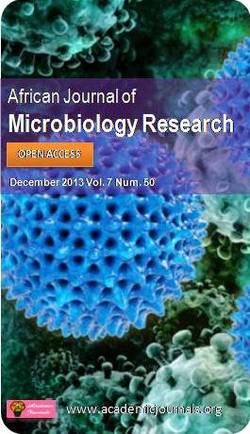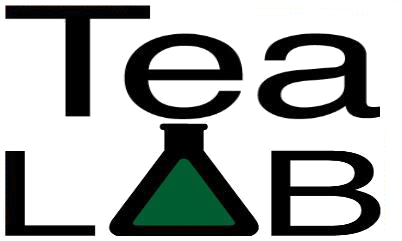 In Vitro Evaluation of Compost Extracts Efficiency as Biocontol Agent of Date Palm Fusarium Wilt African Journal of Microbiology Research August 2017 Link Here In Morocco, Fusarium Wilt is called Bayoud, and a group of researchers want to keep it from wreaking havoc on its date palms industry. To do this, they investigated what affect compost tea extract had on lab grown Fusarium oxysporum albendinis. Researchers used tea extracts from chicken manure compost, and olive mill waste. The finished composts were liquefied, some of which was sterilized and some was not. Then, the researchers applied 5 different concentrations (10-40%) of teas to petri dishes, and then set an actively growing Fusarium colony on the dish. The petri dishes were incubated for eight days. The growth of the Fusarium's mycelium was measured from the center of the colony on outward (the longer the mycelium, the less effective the compost extract). The researchers found that the sterilized tea only worked at the highest concentration, but the non-sterilized tea was EFFECTIVE AT ALL CONCENTRATIONS. Fusarium growth was inhibited from 20%-97% as compared to the control group that had no compost extract applied. The higher concentration of tea, the less the Fusarium was able to grow. Considering the low cost of compost tea, this research is great information for any small farmer looking to become more efficient, while also being eco-friendly. Thanks Morocco!!!
0 Comments
Your comment will be posted after it is approved.
Leave a Reply. |
Archives
June 2024
Categories
All
|
Contact Us
Why TeaLAB?TeaLAB is committed to helping people and their gardens to become more self- sufficient, healthier, and productive. Grow your sweetest corn, your biggest watermelon, your tallest quinoa, your tastiest tomato, and your happiest you.
TeaLAB was founded to teach people how to garden organically, so that we can become more closely connected with the land. Our goal has been to simplify growing methods so that gardeners have a positive experience in the garden. TeaLAB is where the garden meets the laboratory. From around the world and into your backyard, our products contain ingredients that are sourced both locally and globally. Using methods both ancient and cutting edge, TeaLAB promotes maximum biology. Grow with TeaLAB. |

 RSS Feed
RSS Feed
